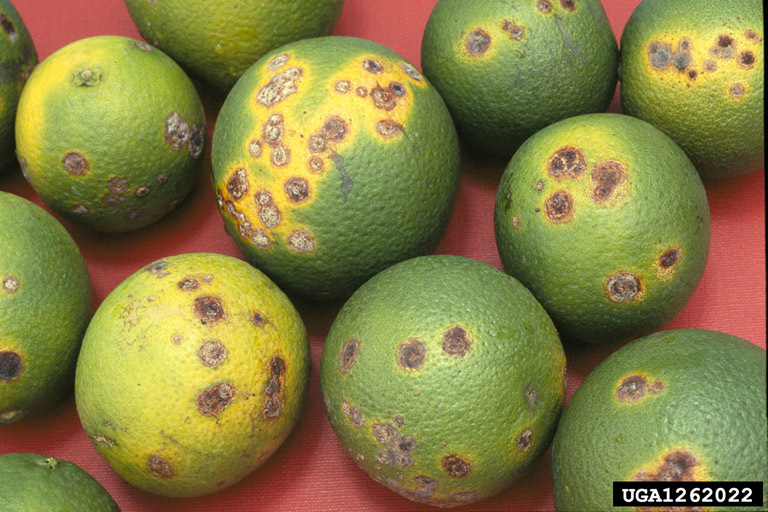Recurrent aphthous stomatitis, more commonly known as canker sores, is a condition that affects millions of people worldwide. These small, painful ulcers often develop inside the mouth and can make eating, drinking, and speaking uncomfortable. While they are not contagious and usually heal on their own, understanding their causes, recognizing their symptoms, and knowing how to manage them can significantly improve one’s quality of life. In this article, we will explore everything you need to know about canker sores, including what triggers them, how to identify them, and the best ways to treat and prevent them.

What Are Canker Sores?
Canker sores are shallow, round or oval-shaped lesions that appear on the soft tissues inside the mouth. They can develop on the inner cheeks, gums, tongue, or even the roof of the mouth. Unlike cold sores, which are caused by the herpes simplex virus and occur outside the mouth, canker sores are not contagious and do not pose a risk to others. However, they can be quite bothersome due to their tendency to cause pain and discomfort.
These ulcers typically have a white or yellowish center surrounded by a red border. Depending on their size and severity, they can last anywhere from a few days to a couple of weeks. There are three main types of canker sores:
- Minor canker sores: The most common type, these are small and usually heal within one to two weeks without scarring.
- Major canker sores: Larger and deeper than minor ones, these can take up to six weeks to heal and may leave scars.
- Herpetiform canker sores: These are clusters of tiny sores that can merge into larger ulcers. They tend to heal without scarring within one to two weeks.
Causes of Canker Sores
The exact cause of canker sores remains unclear, but several factors are believed to contribute to their development. These factors can vary from person to person, making it important to identify individual triggers. Below are some of the most common causes:
1. Stress and Anxiety
Emotional stress and anxiety are known to weaken the immune system, making the body more susceptible to conditions like canker sores. Many people report developing these ulcers during periods of high stress, such as exams, work deadlines, or personal challenges.
2. Nutritional Deficiencies
A lack of certain vitamins and minerals can increase the likelihood of developing canker sores. Common deficiencies include:
- Vitamin B12
- Folate (vitamin B9)
- Iron
- Zinc
Ensuring a balanced diet rich in these nutrients can help reduce the frequency of outbreaks.
3. Food Sensitivities
Some individuals are sensitive to specific foods that can irritate the lining of the mouth and trigger canker sores. Common culprits include:
- Citrus fruits
- Spicy foods
- Acidic vegetables like tomatoes
- Nuts and seeds
Keeping a food diary can help identify which foods might be contributing to the problem.
4. Hormonal Changes
Hormonal fluctuations, particularly in women, can play a role in the development of canker sores. Many women experience outbreaks during menstruation, pregnancy, or menopause, suggesting a link between hormones and these ulcers.
5. Dental Appliances and Injury
Dental braces, ill-fitting dentures, or accidental bites can damage the delicate tissues inside the mouth, leading to the formation of canker sores. Additionally, brushing too hard or using a toothbrush with stiff bristles can also cause irritation.
6. Underlying Health Conditions
In some cases, canker sores may be a symptom of an underlying health issue. Conditions such as celiac disease, Crohn’s disease, and ulcerative colitis have been associated with recurrent outbreaks. A weakened immune system, whether due to illness or medication, can also increase susceptibility.
Symptoms of Canker Sores
Recognizing the symptoms of canker sores is essential for timely management. While the appearance of these ulcers is the most obvious sign, there are other symptoms to watch for:
1. Painful Ulcers
The hallmark symptom of canker sores is the presence of painful ulcers inside the mouth. These ulcers can make it difficult to eat, drink, or speak comfortably. The pain is often most intense in the first few days after the sore develops.
2. Tingling or Burning Sensation
Before a canker sore becomes visible, many people experience a tingling or burning sensation in the affected area. This early warning sign can help individuals take preventive measures to minimize discomfort.
3. Swelling and Redness
The area surrounding a canker sore may become swollen and red. This inflammation is part of the body’s natural healing process but can exacerbate discomfort.
4. Fever and Fatigue (in Severe Cases)
In rare instances, particularly with major canker sores, individuals may experience systemic symptoms such as fever, fatigue, or swollen lymph nodes. These symptoms indicate a more severe reaction and should be evaluated by a healthcare professional.
Treatments for Canker Sores
While canker sores typically heal on their own, there are several treatments available to alleviate pain and speed up recovery. The choice of treatment depends on the severity of the sore and the individual’s preferences. Below are some effective options:
1. Over-the-Counter Medications
There are numerous over-the-counter products designed to relieve the discomfort of canker sores. These include:
- Topical gels and ointments: Products containing benzocaine or lidocaine can numb the area and reduce pain.
- Mouth rinses: Antiseptic rinses or those containing dexamethasone can help reduce inflammation and promote healing.
- Patches: Adhesive patches can protect the sore from further irritation while delivering medication directly to the site.
2. Natural Remedies
For those who prefer natural solutions, several home remedies may provide relief:
- Saltwater rinses: Rinsing with warm salt water can help cleanse the sore and reduce inflammation.
- Honey: Applying a small amount of honey to the sore can soothe irritation and promote healing due to its antibacterial properties.
- Aloe vera: Gels made from aloe vera can moisturize the area and reduce pain.
3. Prescription Medications
In cases where canker sores are severe or recurring, a healthcare provider may prescribe stronger medications. These include:
- Topical corticosteroids: These reduce inflammation and accelerate healing.
- Oral medications: Drugs like colchicine or dapsone may be prescribed for persistent cases.
- Vitamin supplements: If a deficiency is identified, supplements may be recommended to address the root cause.
4. Lifestyle Adjustments
Making certain lifestyle changes can help prevent future outbreaks and reduce the severity of existing sores:
- Avoid trigger foods: Steer clear of acidic, spicy, or abrasive foods that can irritate the mouth.
- Practice good oral hygiene: Brush gently with a soft-bristled toothbrush and floss daily to maintain oral health.
- Manage stress: Incorporate relaxation techniques such as meditation, yoga, or deep breathing exercises into your routine.
When to See a Doctor
While most canker sores resolve on their own, there are situations where medical attention is necessary. Consult a healthcare provider if:
- The sore does not heal within two weeks.
- The pain is severe and interferes with daily activities.
- You experience frequent outbreaks.
- You notice signs of infection, such as pus or increased swelling.
A doctor can perform tests to rule out underlying conditions and recommend appropriate treatment options.
Preventing Canker Sores
Although it may not always be possible to prevent canker sores entirely, adopting certain habits can reduce the likelihood of outbreaks:
- Maintain a balanced diet: Ensure adequate intake of vitamins and minerals, especially vitamin B12, folate, and iron.
- Stay hydrated: Drinking plenty of water keeps the mouth moist and reduces irritation.
- Protect your mouth: Use a mouthguard during sports and avoid chewing on hard objects like pens or ice.
- Monitor hormonal changes: Women experiencing hormonal fluctuations may benefit from tracking their cycles to anticipate potential outbreaks.





